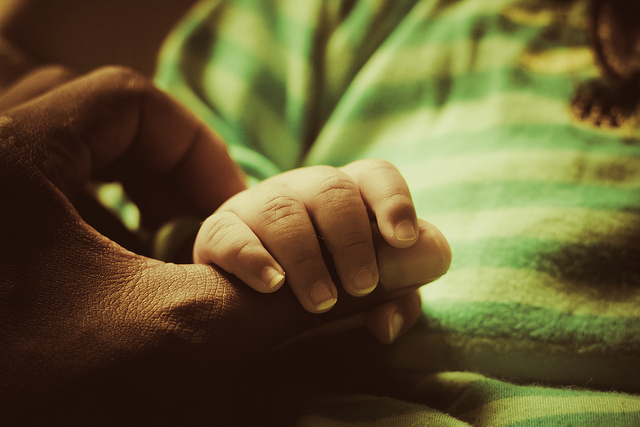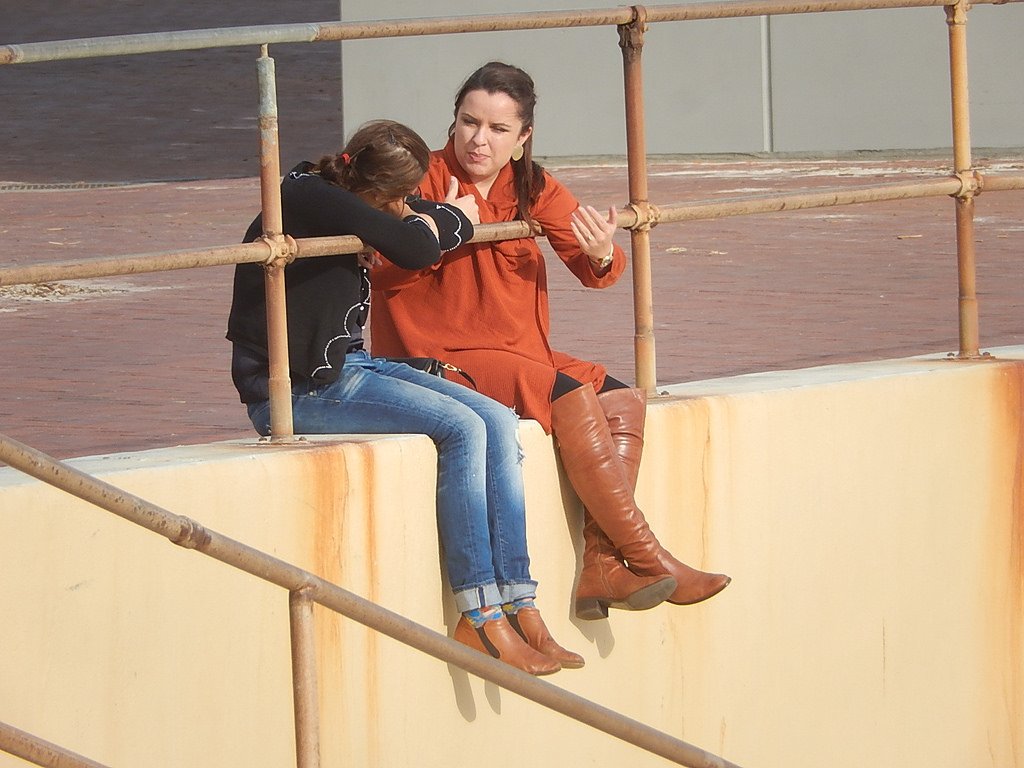
Parenting is tough. Not only do you have to navigate your own needs, personality and desires, but suddenly there’s another person’s to take into consideration as well. Of course as your child is learning and growing, you’re learning and growing as a parent and likely adapting your parenting style as you go.
Even when we have the best intentions, our parenting styles can have negative effects on our children. In fact, there are some parenting styles that have the potential to influence a child’s proclivity towards substance abuse. Here are some specific types of parenting to consider.
Authoritarian Parenting
Authoritarian parenting involves having a black and white view of the rules with very little leniency. While it might be tempting to have hard, concrete rules around drugs and alcohol with your teen, being close-minded and not allowing your teen to ask open, honest questions about substances can lead to a misunderstanding, confusion or rebellion. In fact, teens whose parents who lead with an authoritarian style are at a greater risk for drinking, smoking and abusing drugs.
Neglectful Parenting
At the other end of the spectrum is neglectful parenting, which involves essentially ignoring children. Not only is there little love or affection given, but also little direction or guidance. Rules and expectations are rarely set out and children are essentially expected to learn about substance abuse on their own. What this can mean, therefore, is that children learn about substance abuse from their peers—for good or bad. As a result, this parenting style also puts children at a greater risk for substance abuse.
Authoritative Parenting

With these two extremes in mind then, what parenting styles encourage children to avoid substance abuse? While there are many factors as to why or why not someone starts abusing drugs and alcohol, authoritative parenting has been shown to lower this risk.
Authoritative parenting involves having strong ideas about what is right and wrong, but also makes room for questions and discussion about these issues. As a result, children learn how to think critically, ask important questions and make decisions on their own.
Studies have shown that it’s not even parents’ own children who can be positively affected by this type of parenting. In other words, if a child has a friend whose parents adopt authoritative parenting techniques and they are exposed to this, then their risk of abusing drugs and alcohol is also lowered.
At the end of the day, each parent and each child is unique so there’s no clear cut, right or wrong way to parent. Just remember that there are different options, styles and techniques to try and that there’s always professional support for you or your children if needed.
Photos: Mc Knoell, Thomas Rousing Photography, mikecogh


